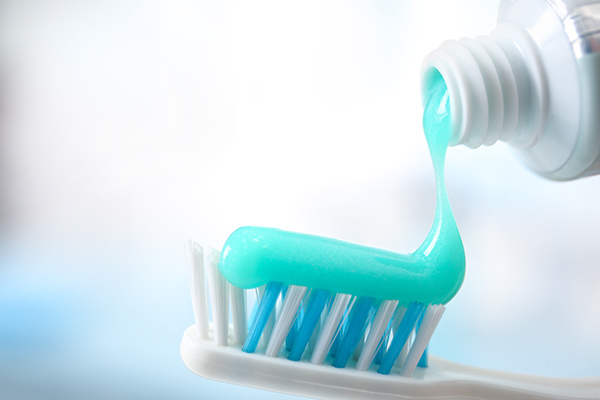 A general dentist can help you understand more about various aspects of dental care. Knowing more about toothpaste, oral health, and fluoride can help you improve your dental care practices. Asking your general dentist about these three elements of oral care is a good way to gather information. Here are some FAQs and the answers to them.
A general dentist can help you understand more about various aspects of dental care. Knowing more about toothpaste, oral health, and fluoride can help you improve your dental care practices. Asking your general dentist about these three elements of oral care is a good way to gather information. Here are some FAQs and the answers to them.
What is the ideal amount of toothpaste for each brushing?
There is always an argument over how much toothpaste should be on the toothbrush during each brushing. A general dentist would agree to a pea-sized amount. This should be enough as long as the brushing lasts for two minutes each time. This is enough toothpaste to clean gums and teeth. It is also enough to freshen breath.
Does fluoride have to be in toothpaste?
A general dentist recommends fluoride toothpaste. Fluoride makes teeth stronger and resistant to acid-causing bacteria. It helps prevent the formation of cavities. Fluoride in toothpaste and mouthwash can help decrease the number of times a person must brush every day. It also allows people to enjoy carbohydrate-rich foods and beverages.
Is whitening toothpaste harmful to teeth?
Whitening gels and toothpaste use molecular oxygen to move stain-causing particles out of the enamel. This results in whiter teeth. Carbamide peroxide levels in these products are low. The general dentist recommends these products because they do not cause tooth pain or sensitivity.
What are preventive measures for bad breath?
Any general dentist would recommend practicing good oral care to help prevent bad breath. Brushing at least twice every day and flossing before bed are ideal practices. Replacing the toothbrush every two to three months helps maintain the efficiency of brushing. Thorough cleaning of removable teeth replacements is also proper practice to prevent bad breath.
Seeing the general dentist for routine dental cleanings enhances the breath. Using antiseptic washes helps treat bad breath as well. Asking the dentist how to break the smoking habit is an effective way to improve breath odor. Increasing the production of saliva helps buffer the acids from bacteria. This is possible by drinking more water.
What is fluoride treatment?
The general dentist can give a professional fluoride treatment in a clinical setting using a solution or gel with a high fluoride concentration. This is much higher than the concentration found in toothpaste or mouthwash. The dentist applies the fluoride treatment directly to the patient’s teeth. This procedure takes a few minutes. The patient must not eat or drink for at least 30 minutes after the treatment.
Does a person need to see the dentist even if the teeth feel all right?
It is important to see the general dentist for routine dental checks even if the person’s teeth feel fine. The appearance and health of teeth are important. A smile reflects the person’s general health. Keeping it in shape boosts the person’s self-image as well.
Your general dentist can guide you toward better oral health
The smallest components of oral care can influence your dental health. The toothpaste you use must have the ingredients to make your teeth in good condition. The most active ingredient must be fluoride. Working with your general dentist will ensure the proper maintenance of your smile. Routine dental checks can work wonders on your oral health and general health.
Request an appointment or call Smile Studio: Family Dentistry and Orthodontics at 225-570-8030 for an appointment in our Zachary office.
Related Posts
General dentistry visits are critical for a person’s oral health, regardless of age. If it has been a while since you have seen your dentist, make sure you get into the habit right away. You may not be familiar with what will take place during a routine appointment. The more you understand about these checkups,…
Any general dentist wants to prevent or combat cavities. This common dental problem is present in many populations, from infants to adults. At the onset of cavities, your dentist has an arsenal of procedures to treat them. If you want to find out how your general dentist treats tooth decay, here are the details.A general…
You no doubt see your general dentist as someone who can help you maintain good oral health. This professional will diagnose various conditions and treat them when they occur. You can also learn prevention techniques from your dentist. Tooth decay is one of the most frequent issues that a dentist handles. Sometimes, it can be…
